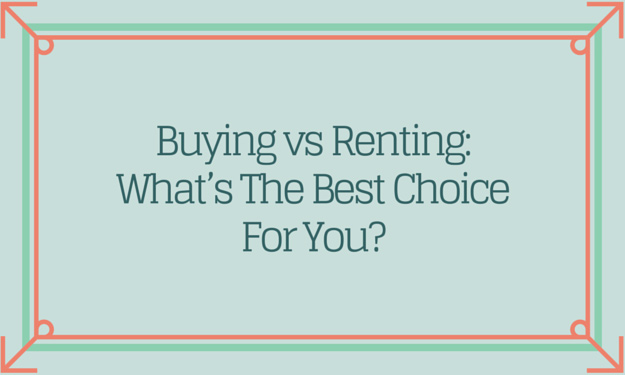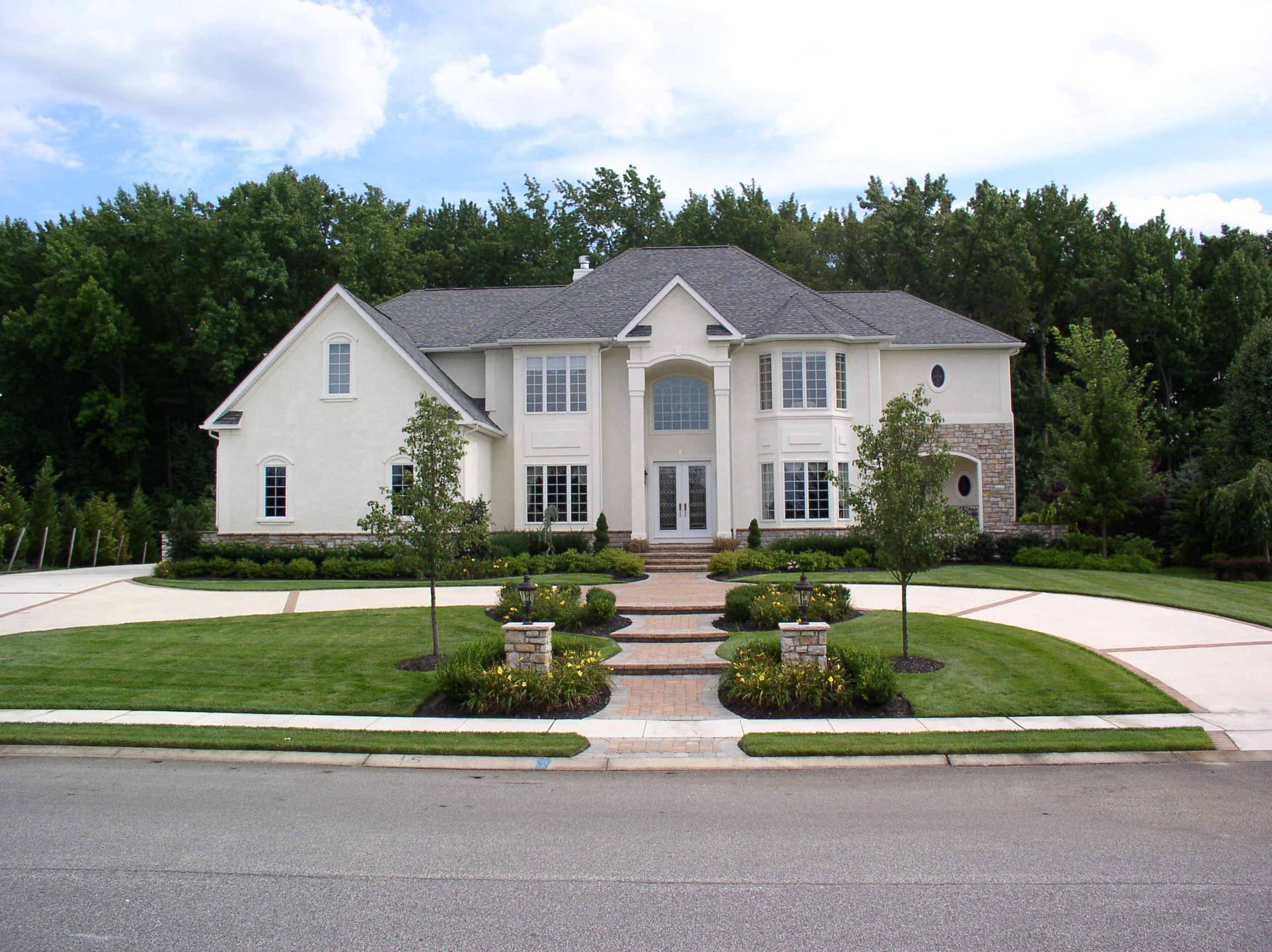Table of Content
Considering just how high property taxes run in some states, that’s a major burden off your back—and potentially a lot more money in your wallet every year. See our current mortgage rates, low down payment options, and jumbo mortgage loans. One of the main advantages you get from owning a house is the imputed rental income. Furthermore as a homeowner, you may deduct any mortgage interest and property tax payable if you itemize other deductions. You also get to exclude the capital gain you get when selling the home. While this may affect homeowners in a big way, it affects renters substantially less, if at all.
7) You deserve it – Most importantly, home ownership can be a wonderfully rewarding experience, and you deserve to be part of it. A good home can change a person and even set a family on the right track. When you rent, it’s like trying to make your home in someone else’s house. Take a chance on yourself, and invest in a home that will give you a place to belong to. Your landlord is responsible for repairs and maintenance.
Helps to build a sense of community.
Expect to have many more expenses above and beyond the initial downpayment and mortgage payments. Your home will need repairs and maintenance over the years. They can range from something as inexpensive as fixing a toilet to something as expensive as having to completely repair the entire plumbing system.
15 to 30 years to pay off, having a mortgage reflecting on your credit history is an excellent way to extend the average across your credit accounts. Apart from that, each month you pay your mortgage on time, it shows that you are a responsible borrower. That not only improves your credit score, but it also improves your chances of getting approved when seeking credit in the future. While paying your mortgage on time improves creditworthiness, you do not enjoy the same advantage from rent. Benefits of owning a home vs renting that most people do not know. A security deposit is money that is given to a lender, seller, or landlord as proof of intent and may be used to pay for damages caused by a renter.
Advantages of Owning
Homeownership brings both tangible and intangible benefits. Not only do you have your own home, you can make decisions about the look and design of the space, but you also get a sense of stability and pride of ownership. Renting offers flexibility, predictable monthly expenses, and someone to handle repairs. Both provide you with a place to live and require regular income in order to make the payments. Owning a home isn’t always better than renting, and renting is not always as simple as it seems. Here, we highlight some of the key differences between renting and buying.
Get pre-qualified for a mortgage to help you know how much you can spend on a home and give you the reassurance that you can afford to buy. You can speak to a Home Lending Advisor for more help understanding the process of buying a house. No one can predict the future, but you can make reasonable guesses about whether you're buying a home in a market where values will continue to grow. When you rent, you're often limited in what improvements you can make. When you buy, you have more freedom to rework your space to meet your tastes and needs. Additionally, you may not have to worry about paying for minor damages that occurred if you don’t want to fix them.
Which Savings Account Will Earn You the Most Money?
Buying a home is an investment, and investments carry risks. When you rent, you don’t have to worry about the market crashing and putting you under water on your home, or that a costly and unexpected home repair will wipe out your savings account. The biggest risk you take on with renting is usually just whether or not you’ll be happy with the place that you rented, and that’s a risk that most of us can afford to take. Owning and renting each have their advantages, but what’s best for you depends on your circumstances. Here are some things to keep in mind as you weigh the benefits of renting against the benefits of owning.

This article will break down the pros and cons of renting vs owning a home so you can make an educated decision and know when the time is right to make a purchase. Home values have risen and are expected to continue rising in the future, making homeownership a profitable long-term investment. Because increasing property values mean that the money you spend on your home will provide significant returns in the long run. And, every time you make a mortgage payment, a portion of that payment pays your loan down each month, giving you more equity in the home. With all of the benefits of owning a home, you owe it to yourself to find out whether owning vs. renting is best for you. Renting your home means paying your landlord and having nothing to show for it the next month.
These deductions often amount to significant savings, and they are of course not available to renters. You know what your costs are upfront and can plan accordingly. These factors can, of course, affect you as a renter, too. For instance, negative factors may help lower your rental costs.
Make sure you still have enough money to save for retirement, for example. That $25 check from Grandma is always a nice little birthday gift. Now what if Grandma, or any family member, could gift you just a bit more. Something that can add up and be used toward down payment on your own home.
For years, the rule of thumb stated renting is cheaper than buying—so renting freed up money for other things, such as savings. Shifting real estate markets mean it may be cheaper to buy than rent in certain areas, though you likely need to pay more up front. The right option for you is the one that best fits your goals and finances. If you live in a community with an HOA, it may take some homeownership chores off your plate.

This deduction stemmed from the Tax Cuts and Jobs Act , before which this deduction was applicable only on interest paid on debt for purchase of a home, up to $1 million. The debt had to be for home equity, but the funds could be used in any way after receiving the amount. Later on, this was changed to that funds need to be utilized only as home equity. However, since you’re paying yourself $60,000 a year, by quite literally not doing anything, the same isn’t taxable. When purchasing a home with a mortgage, you’re required to have a sizable down payment—typically around 20% of the property’s value.
Knowing the tax implications of buying a home versus renting one might help you make a better, more informed decision. Equity, the difference between what you owe on your home versus what you could sell it for, will continue to increase with every payment you make on your mortgage. Compare this to paying rent, you will never see the money you pay each month ever again. In addition, your equity could also increase due to price appreciation on your home. That is, as the overall market improves, the value of your home could improve as well.



No comments:
Post a Comment